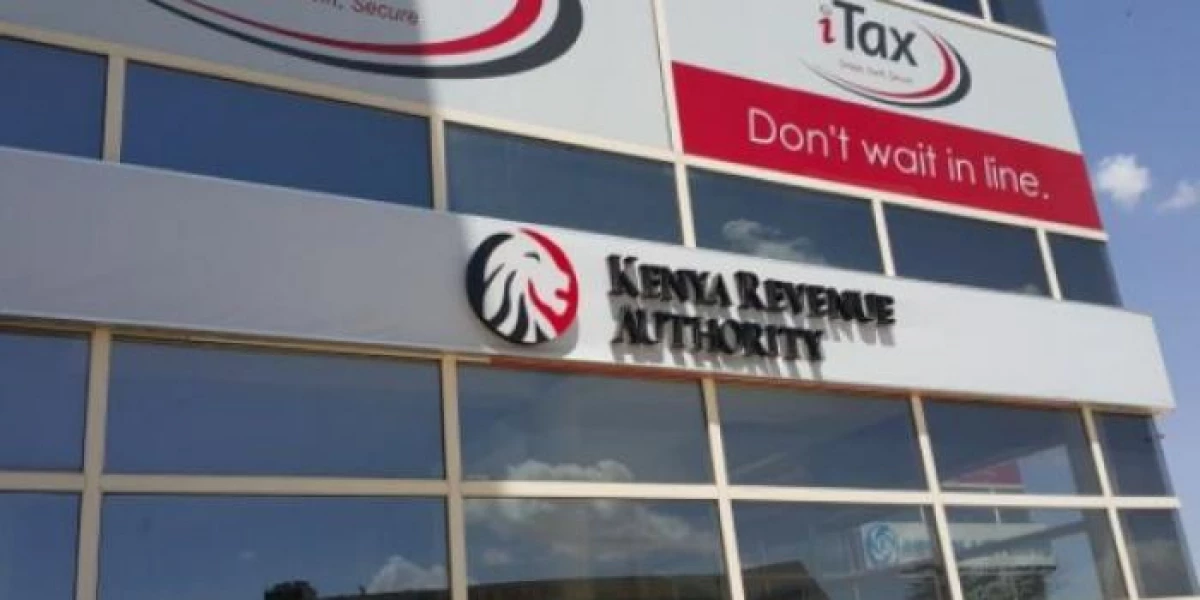Taxation is the lifeblood of any nation’s economy, and Kenya is no exception. This article delves into the Kenyan tax system, offering a comprehensive overview of various tax types and their role in supporting the nation’s development. Much like numerous other countries, Kenya relies on taxation to fund public services, infrastructure projects, and government initiatives, making it a pivotal aspect of its fiscal policy.
Types of Taxes:
1. Income Tax
Income tax is a fundamental source of government revenue in Kenya, levied on both individuals and corporations. The Personal Income Tax (PIT) is progressive, featuring different tax brackets based on income levels. For corporations, the Corporate Income Tax (CIT) applies at a flat rate. This tax is crucial for wealth redistribution and funding social programs. The minimum taxable income is Kshs 24,001.0, taxed at 10.0%, while the highest tax rate in Kenya is 35.0%, imposed on income exceeding Kshs 800,000.0. Income Tax applies to various earnings sources, including but not limited to:
- Profits from business activities or professional practice.
- Income derived from employment.
- Rental income.
- Dividends and interest income.
- Income from pension funds or retirement sources.
- Revenue from digital marketplace transactions.
- Income from natural resources, among others.
2. Value Added Tax (VAT)
VAT is a consumption tax imposed on the value added to goods and services at each production or distribution stage. In Kenya, the standard VAT rate is 16.0%. VAT is a significant revenue source for the government and plays a pivotal role in financing various programs and services.
3. Excise Duty
Excise duty is imposed on specific goods such as alcohol, cigarettes, and fuel, aiming to control the consumption of certain products and generate revenue. Excise duty is a vital tool in addressing public health concerns and raising funds for development projects. The enumeration and categories of excisable goods and services can be found in the 5th Schedule, along with Section 117(1)(d) of the Kenyan Customs and Excise Act, CAP 472.
4. Customs and Import Duties
Customs and import duties are imposed on goods imported into Kenya to protect local industries, regulate trade, and contribute to government revenue. They are essential in balancing international trade relations. Import tax rates vary between 0%, 10%, and 25%, depending on the specific item, as stipulated by the East Africa Community Common External Tariff (CET). “Sensitive” items incur duties exceeding 25%, detailed in schedule 2 of the East African Community (EAC) Common External Tariff.
5. Other Taxes
Other taxes include stamp duty, capital gains tax, and withholding tax, among others. These taxes generate additional government revenue and are applied based on the nature of the transaction or income source.
Significance of Taxation in Kenyag
The Kenyan tax system holds significance for several reasons:
- Resource Mobilization: Taxation is the primary revenue source for the Kenyan government, funding essential public services like healthcare, education, and infrastructure development.
- Wealth Redistribution: Progressive taxation ensures that higher income earners bear a heavier tax burden, contributing to wealth redistribution and addressing income inequality.
- Economic Stability: A well-structured tax system can provide economic stability by offering a stable source of government revenue, allowing for counter-cyclical fiscal policies during economic downturns.
- Promoting Sustainable Growth: Tax incentives and exemptions can be used to promote specific industries and investments, driving economic growth and development in targeted sectors.
- Public Goods and Services: Taxes fund public goods and services necessary for the population’s well-being, such as roads, healthcare, and education.
- Control and Regulation: Certain taxes, like excise duties, are used to regulate the consumption of harmful or luxury goods, addressing public health concerns and encouraging responsible consumption.
The Kenyan tax system is a complex yet integral part of the country’s economic framework. It encompasses various tax types, each serving a unique purpose in supporting the government’s financial needs, wealth redistribution, and economic stability. Through taxation, Kenya can fund essential public services, promote economic growth, and address societal issues. Understanding the different tax types and their significance is crucial in comprehending how the Kenyan government finances its operations and drives development in the nation.
















